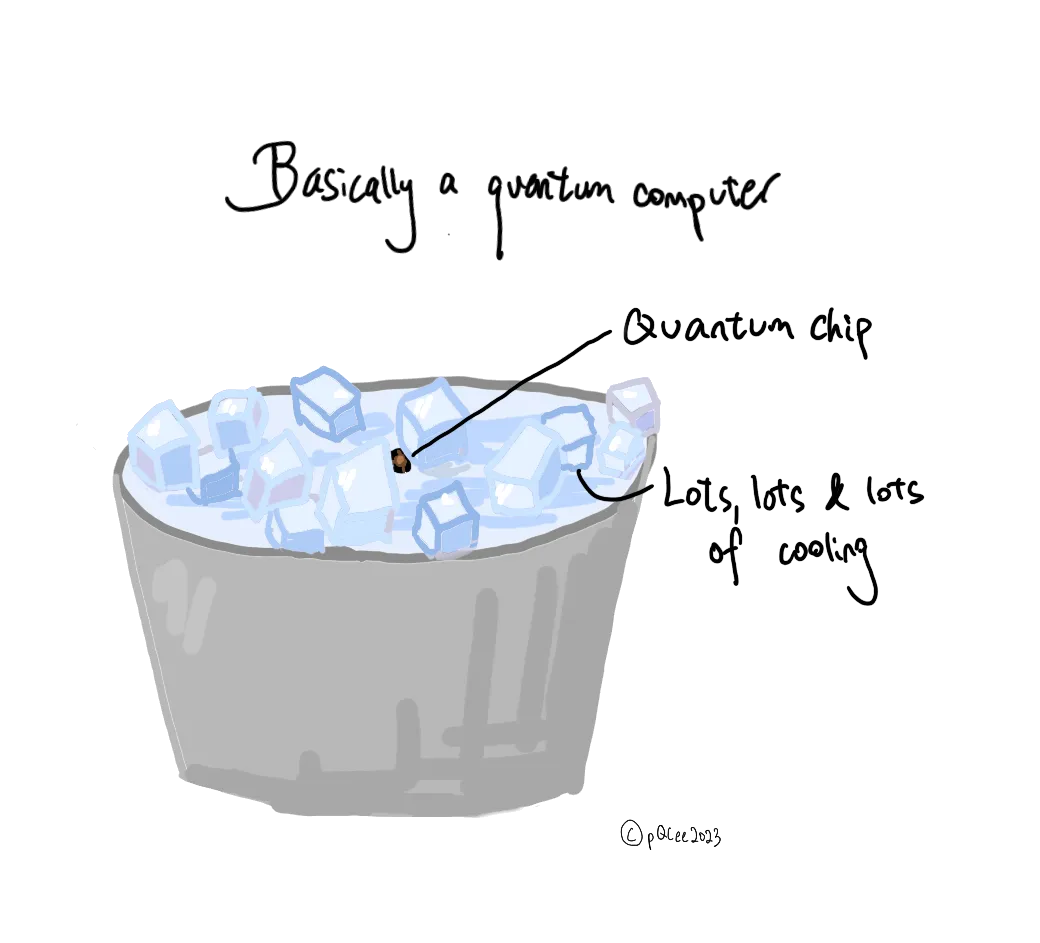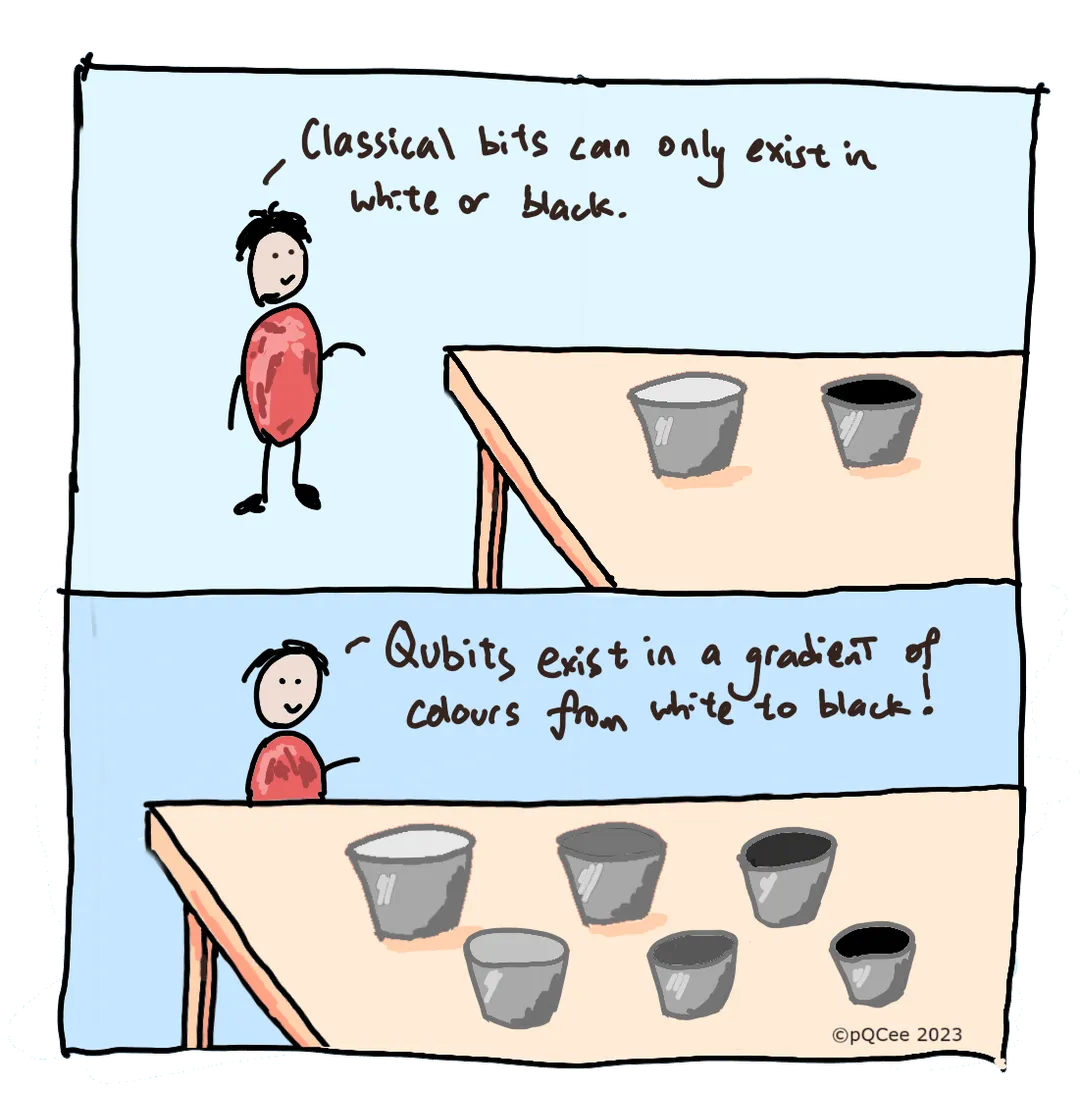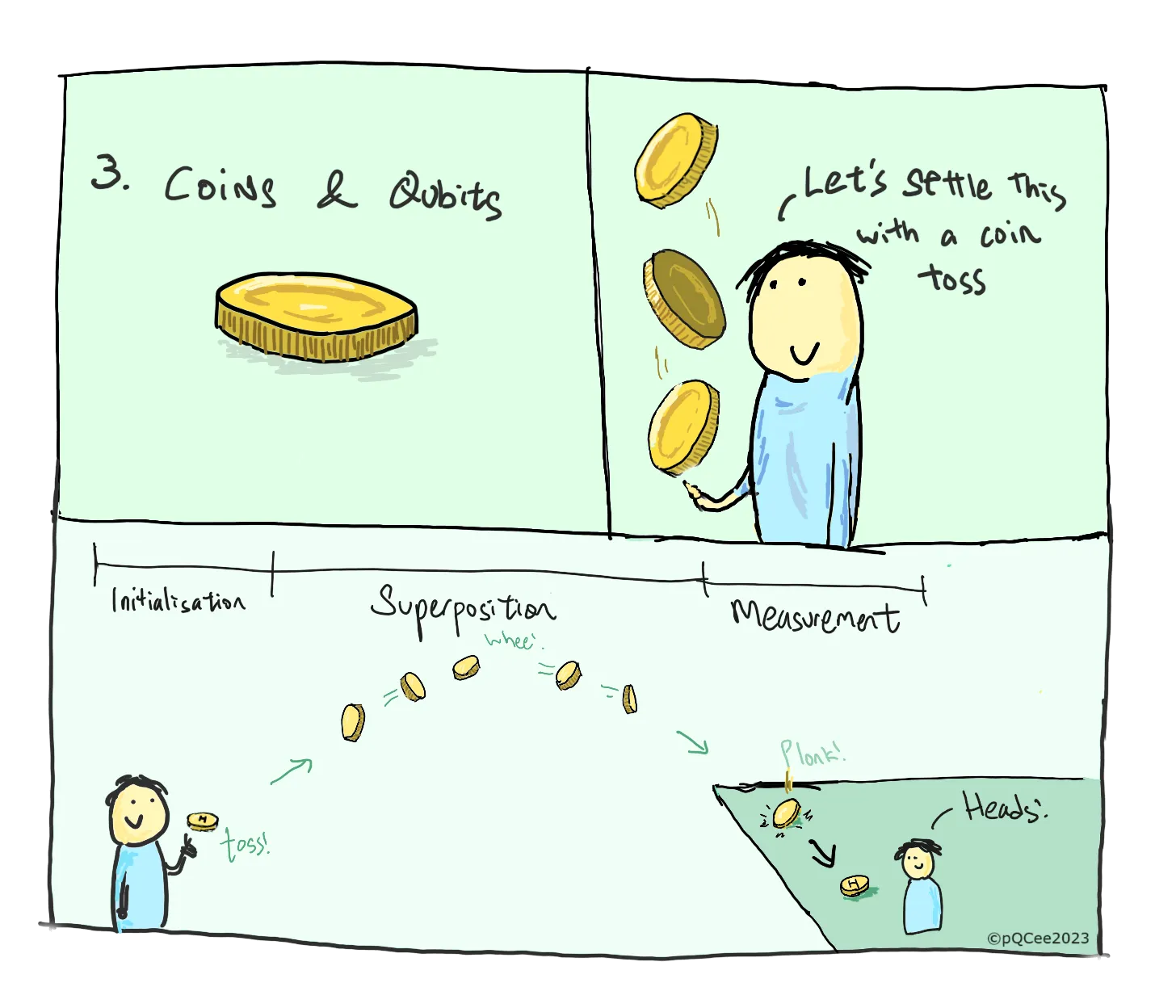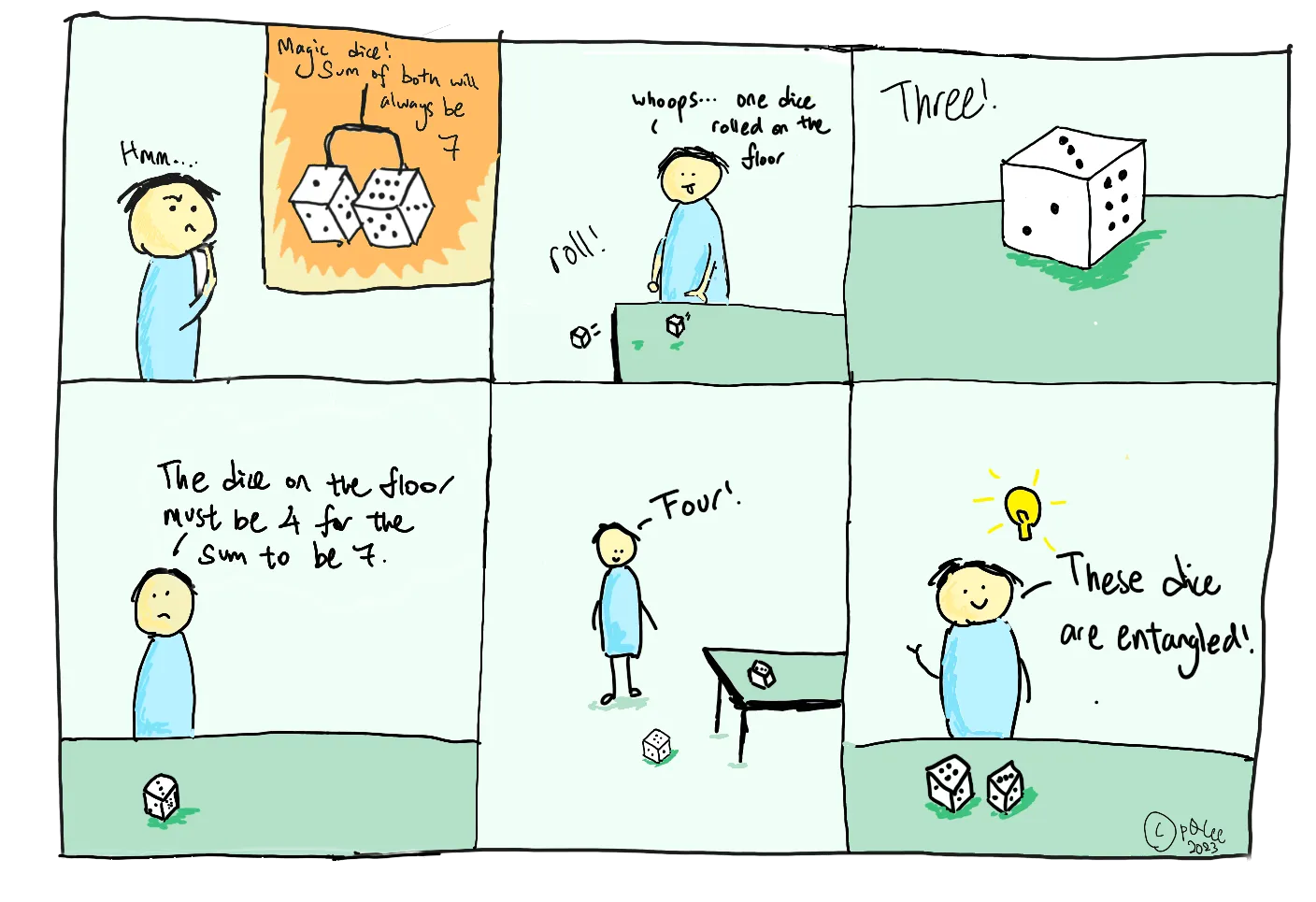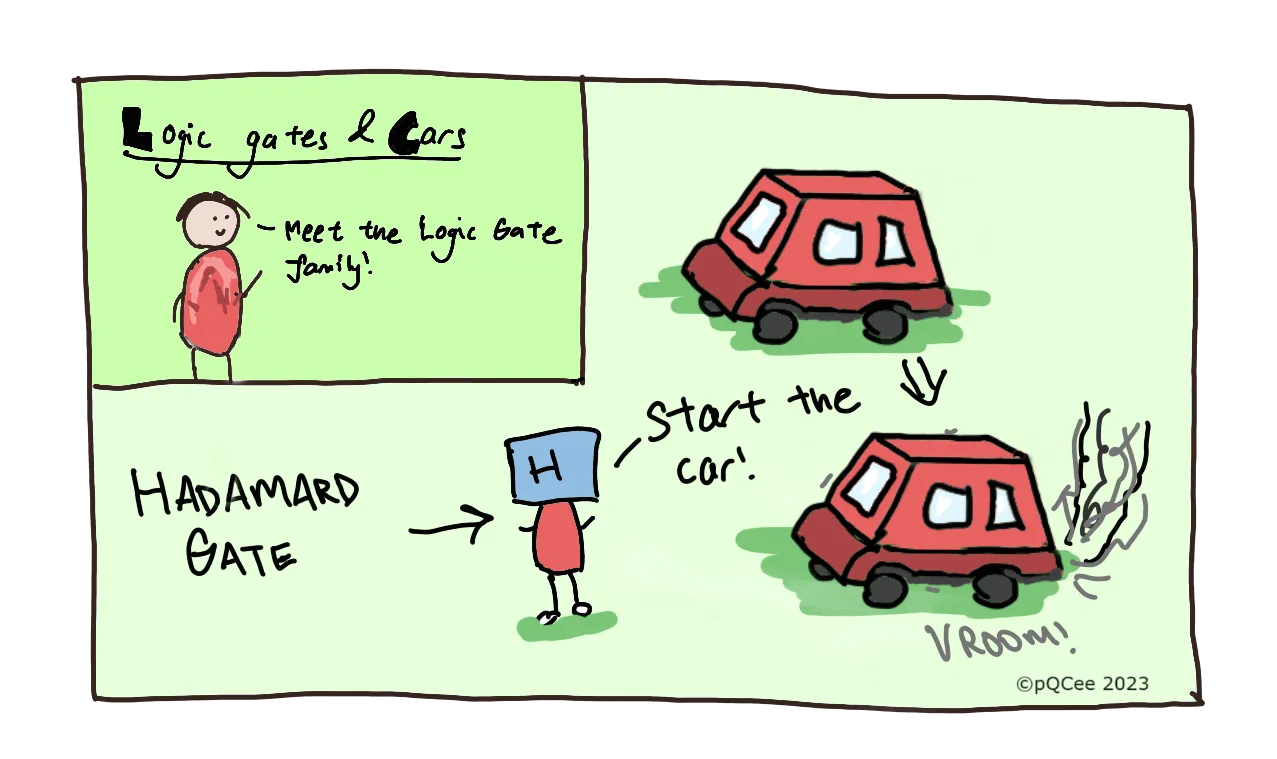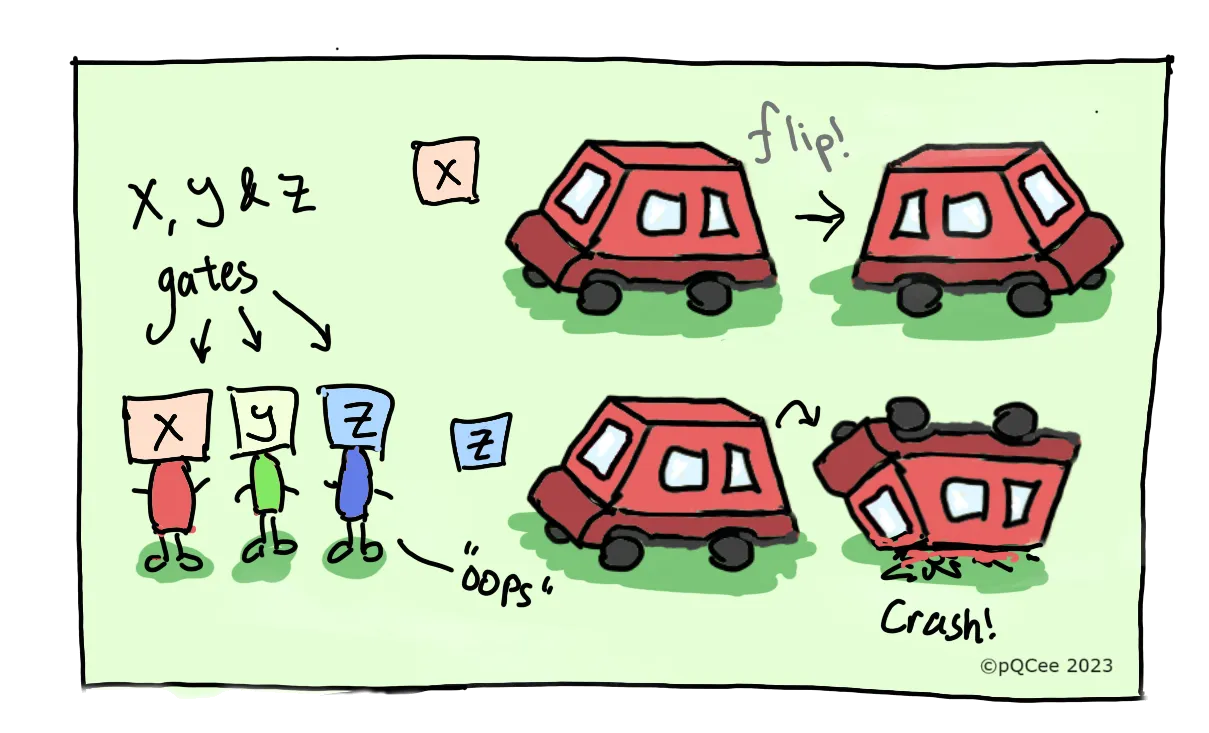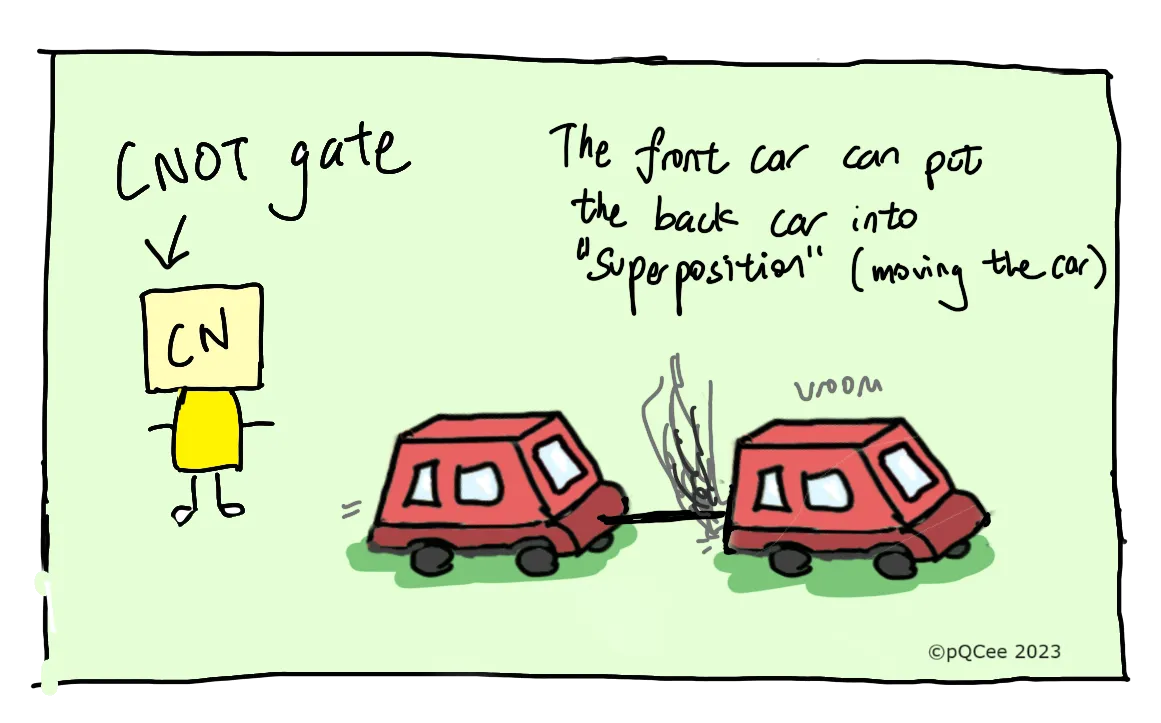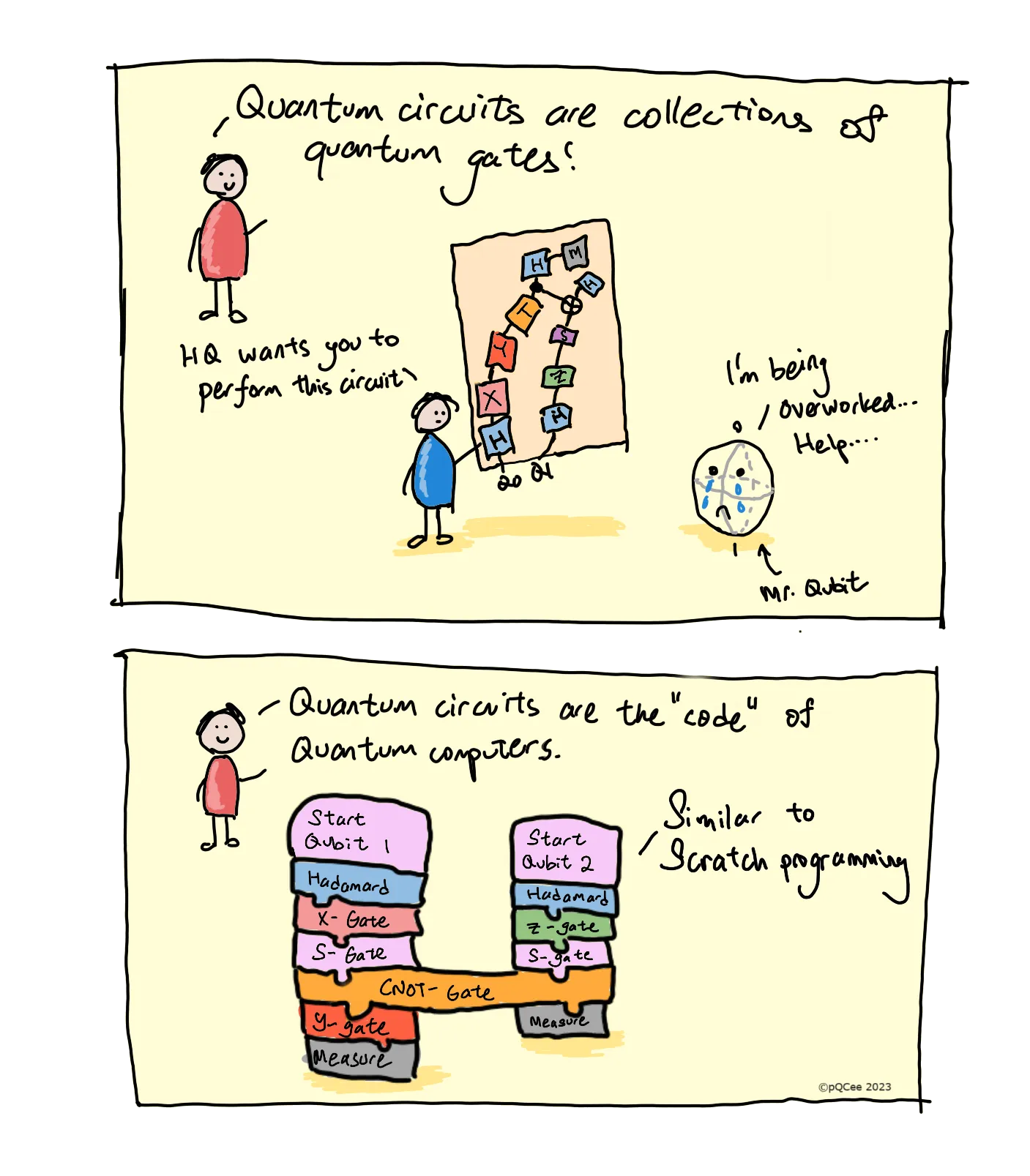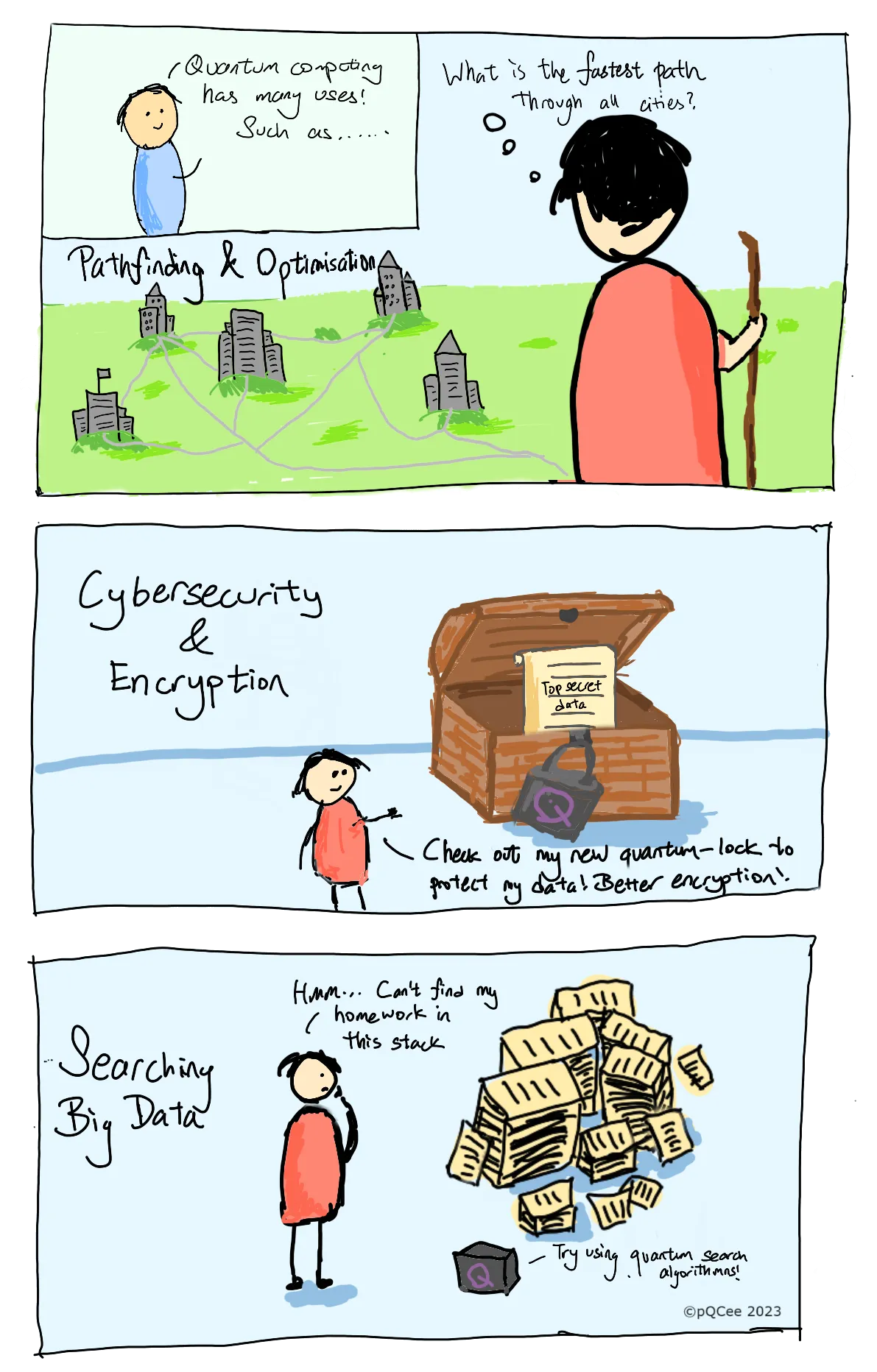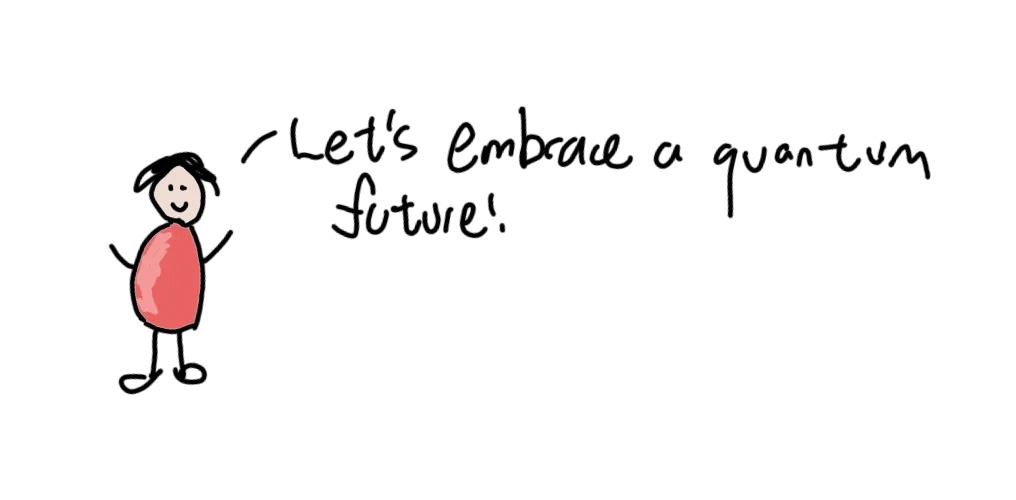Quantum computing for beginners
Discover and learn about Quantum Computing in 5 minutes!
Discover and learn about Quantum Computing in 5 minutes!
1. What is a quantum computer?
Quantum Computer in a nutshell
While quantum computers are a few decades away from being totally error proof, we have already performed successful experiments with quantum computers to achieve "Quantum supremacy" in 2019, which means that quantum computers were proven to be faster than classical supercomputers at solving a problem. It is estimated that quantum computers are able to do in 4 minutes what a classical supercomputer would take 10,000 years to complete.
2. What are qubits?
In classical computers, information is stored in bits, whose state is toggled between 0 and 1.In quantum computers, we use qubits (quantum bits). Qubits can exist in a state of either 0 or 1, with a probability of being either 0 or 1. A qubit makes use of quantum mechanics to calculate and operate at lightning speeds!
3. A bit of quantum mechanics
Initialization - When a qubit is transformed into superposition
Superposition - A qubit in superposition can have a value of anywhere between 0 and 1, containing a probability of both states of 0 or 1. This is similar to how a coin in the air can have a outcome of either heads or tails.
Measurement - A qubit in superposition is collapsed back from superposition when observed, to give a reading of either 0 or 1.
4. Quantum Gates
Hadamard Gate - A command to a qubit to put it into superposition.
X, Y and Z gates - Commands to rotate and transform the qubit.X gate - Reverses a qubit's state from 0 to 1 or 1 to 0.Y and Z gate - Shifts the qubit's probabilities of landing on 0 or 1.
CNOT Gate - Can be use to cause two qubits to become entangled.
These quantum gates, and many more, are the basic building blocks of quantum circuits and algorithms for calculations!
5. Quantum circuits and algorithms
Quantum circuits are strings of quantum gates, used to program qubits to perform algorithms.
Quantum Algorithms - There are lots of quantum algorithms for many uses, such as Grover's algorithm for searching databases quickly, and Shor's algorithm for factoring large numbers, used in cryptography and cybersecurity. Shown below are some of the many uses of quantum computers.
6. Applications of Quantum Computing
Pathfinding & optimisation - Due to quantum computer's ability to explore multiple possibilities simultaneously, quantum computers excel at solving optimisation problems, such as the fastest routes of delivery trucks or optimising financial portfolios.
Cybersecurity & encryption - Quantum computers could break widely used encryption algorithms, such as RSA and ECC, by quickly factoring large numbers. To counter this, quantum-resistant cryptographic algorithms are being developed.
Searching big data - Quantum computers can easily search through large databases using the Grover's algorithm. This has potential applications in fields such as data mining, database search, and optimization.
Conclusion
Quantum computers have many uses and applications in daily life, allowing our computers to run much faster and more efficiently. Quantum technologies are evolving at a very fast rate, and will be widely available and much more reliable. I hope that you enjoyed this and learnt something new!
Written by Benjamin Chew 2023
Source: pQCee

